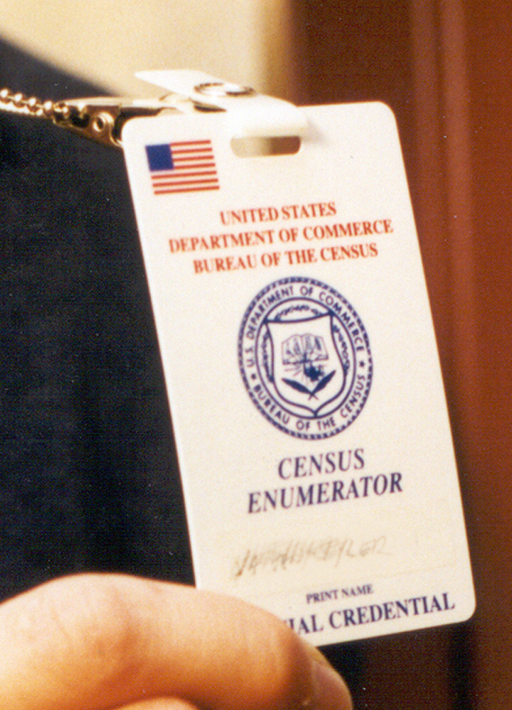Battleground States Florida and N. Carolina May Get More Congressional Seats After 2020 Census

KEY POINTS
- Florida may gain two more congressional seats after 2020 Census
- California and other states stand to lose some of current representation
- Change in number of seats to reflect in electoral votes as well
Preliminary population figures from the upcoming 2020 U.S. Census reveal that Florida, North Carolina and several other states may be on track to pick up additional congressional seats, and with them, additional electoral college votes.
Brookings Institution demographer and senior fellow William Frey's analysis of newly released Census Bureau estimates also suggested that slower growth in California may mean the loss of one congressional district, CNN reported. California has never lost a congressional seat so far.
The analysis offered new insights into how population shifts could change the congressional and electoral landscapes for decades to come. The demographic changes can have serious political implications on both sides of the aisle.
Florida may be poised to gain two additional seats in Congress. North Carolina, Arizona, Colorado, Montana and Oregon could each gain one. Texas can pick up three.
Other states that could potentially lose seats include Alabama, Illinois, Michigan, Minnesota, New York, Ohio, Pennsylvania, Rhode Island and West Virginia. Frey said the shifts would markedly benefit Republican candidates: "On balance, this would help Republicans in presidential elections if the 2012 or 2016 electoral college voting patterns hold."
Any reapportionment of the nation’s 435 congressional seats among the 50 states will not take effect until 2022, yet both parties are keeping a close eye on what findings the Census will ultimately yield. The final results may not match the preliminary trends.
Florida has proven to be one of the most crucial and watched states in presidential elections, and was at the center of an unprecedented electoral controversy in 2000.
© Copyright IBTimes 2024. All rights reserved.





















